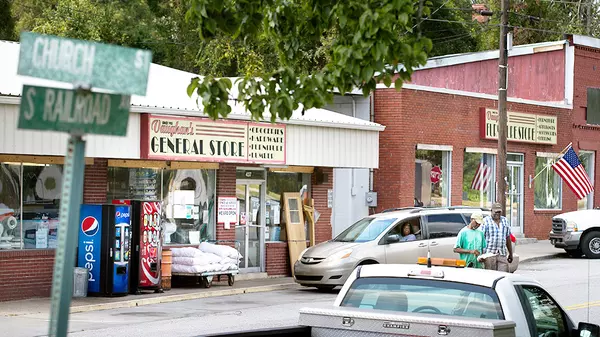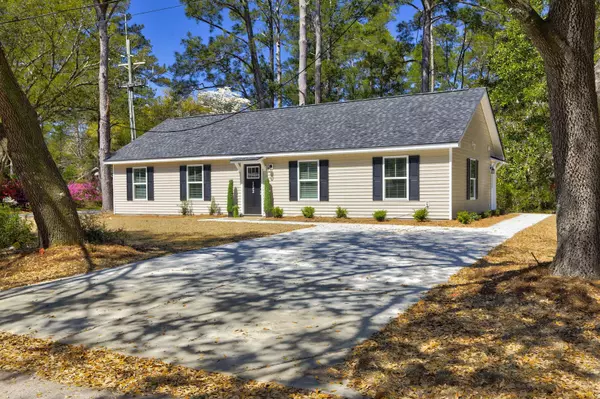
122 Thompson St, Walterboro: Brand-New 4-Bed Home, Tenant-Ready Investment, No HOA | $295,000
Imagine collecting $2,200 in monthly rental income from a property that literally requires zero maintenance—because it was just built this year—all while owning a piece of one of South Carolina's fastest-growing Low-Country markets without the burden of monthly HOA fees. Welcome to 122 Thompson St i
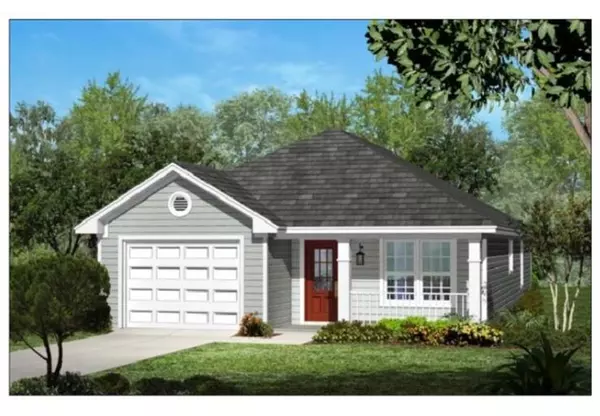
131 Stephanie Circle Summerville: New 3-Bed Home, Investor-Ready, 0.4 Acres | $330,750
Imagine hosting your first holiday gathering in a home where the paint still smells fresh, the appliances have never been touched, and every corner reflects exactly what you've been searching for—modern design, quality craftsmanship, and room to breathe on nearly half an acre. Now imagine doing all
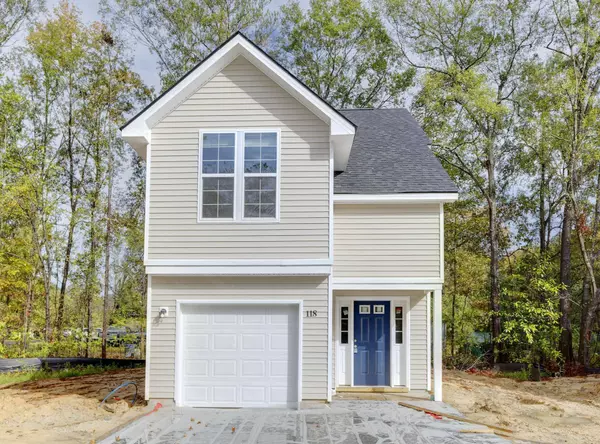
118 Englewood Rd Goose Creek: New Craftsman Home, Tenant-Ready, No HOA | $349,000
Your First Home or First Investment Awaits Imagine morning coffee on your own covered porch while mature trees sway overhead—all without the burden of HOA fees dictating your property choices. Better yet, imagine collecting rent checks from a quality tenant already in place, or moving into a like-ne
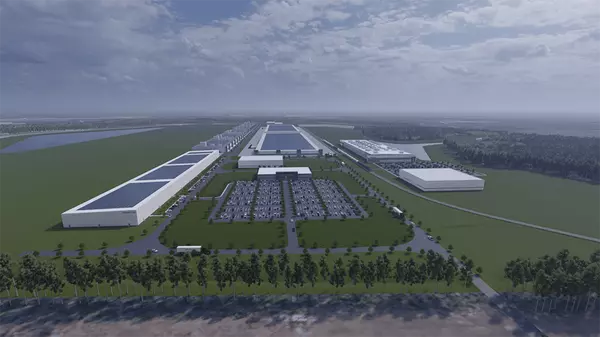
Jobs in Ridgeville SC: New Opportunities for Homeowners and Investors
Ridgeville’s Jobs Boom – From Volvo to Redwood Materials Image: Rendering of Redwood Materials Recycling Plant in Ridgeville, SC via Redwood Website Ridgeville, South Carolina may once have been a quiet rural exit along I-26, but today it’s buzzing with industrial growth. In recent years, a surge of
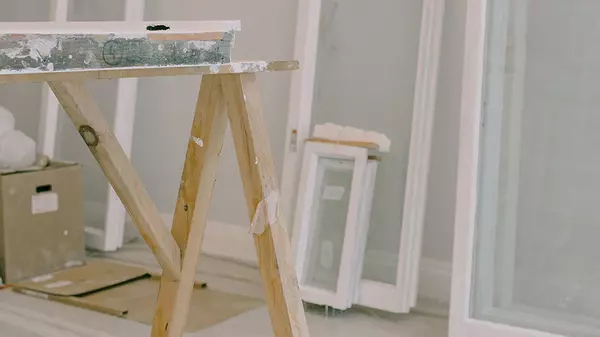
What Questions You Should Ask a Potential Home Builder
Building a new construction home is a major decision, both financially and emotionally. From the construction process to the design process, choosing the right custom home builder can make all the difference. To help you feel more confident, we've created an updated list of questions to ask a home b
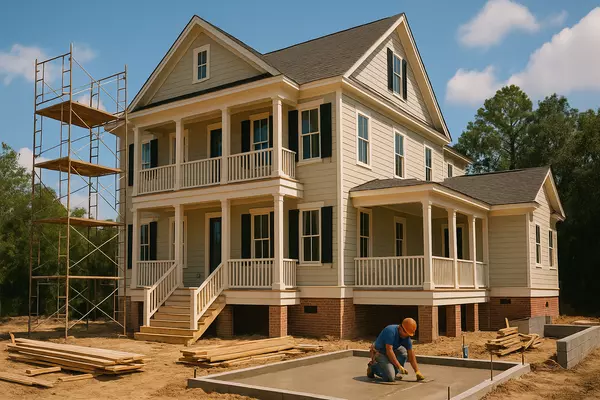
Choosing the Right Homebuilder in Charleston: 5 Red Flags and 3 Green Lights
Building a home in the Charleston area is an exciting endeavor – you get to create a space that’s truly yours, from the ground up. But choosing the right homebuilder is the decision that will make or break that experience. In a market as vibrant and growing as Charleston, a great builder will not on
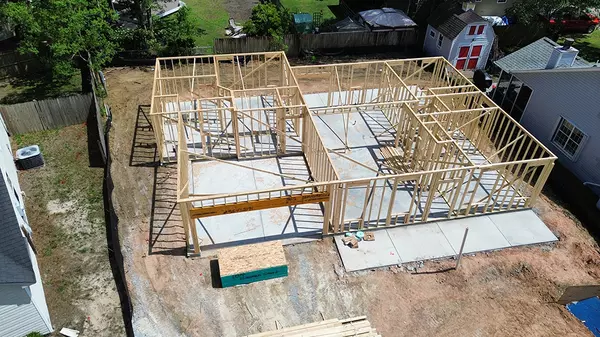
House Construction Timeline: How Long Does It Take to Build a Home?
Building a brand-new home is an exciting journey, but one of the most common questions homebuyers ask is: "How long does the building process take?" The average time to complete a home varies based on several factors, such as location, weather, and if you’re building a custom-built home, a semi-cust
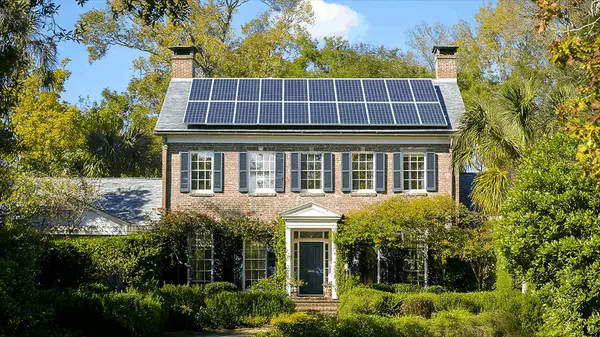
Energy-Efficient Upgrades Every Charleston Homeowner Should Consider
With rising energy costs and the increasing importance of sustainability, Charleston homeowners are turning to energy-efficient upgrades to save money on utilities and reduce their environmental impact. Whether you're looking to lower your monthly utility bills, increase your property’s value, or ma
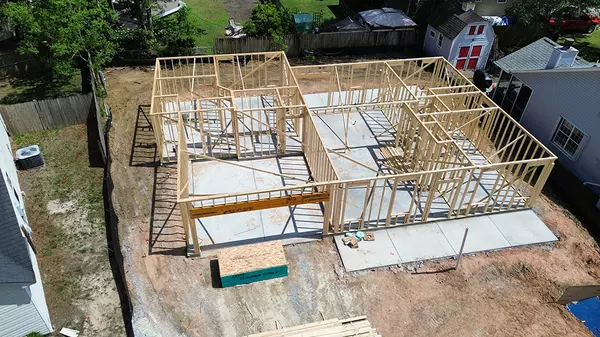
Building vs. Buying a Home in Charleston: What’s Better?
Understanding the Charleston Real Estate Market When considering building vs. buying a home in Charleston, SC, it’s essential to first understand the unique dynamics of the local real estate market. Charleston is a vibrant city known for its rich history, coastal charm, and growing population, makin

Round O SC Home for Sale $250,000
Brand new 2022 Clayton home model on 1 acre of land. 1559 Harmony Hall Road Road | Round O, SC 29474 Bedrooms: 4 Bathrooms: 2 Square Footage: 1,801 Area: Colleton County Subdivision: Harmony Hall More Details About 1559 Harmony Hall Round O, SC This Round O SC home for sale is listed by The Fam
Categories
Recent Posts




